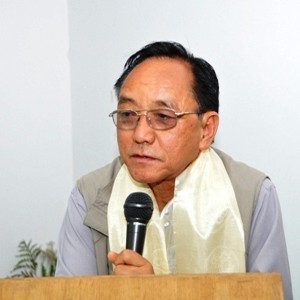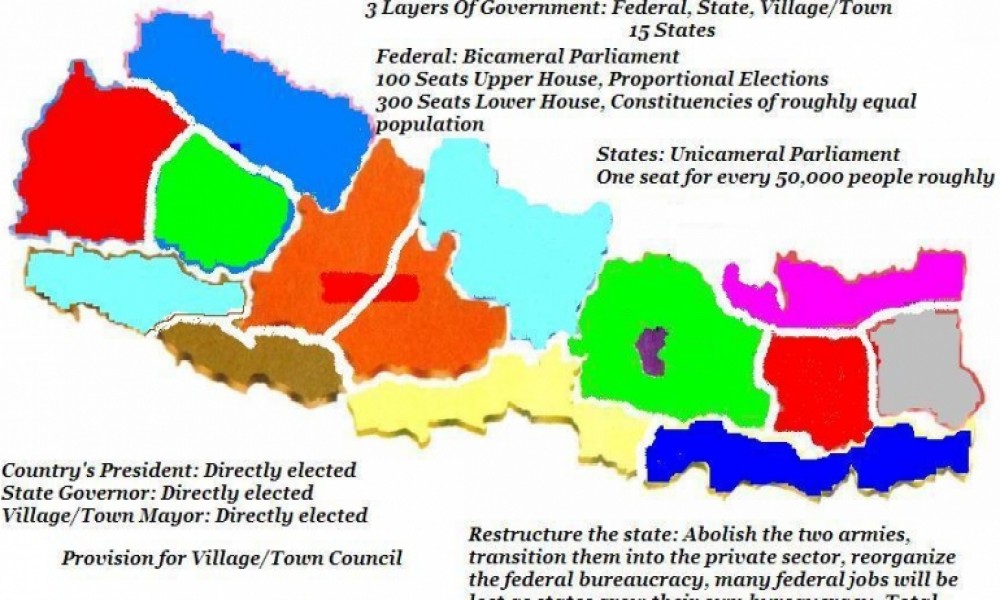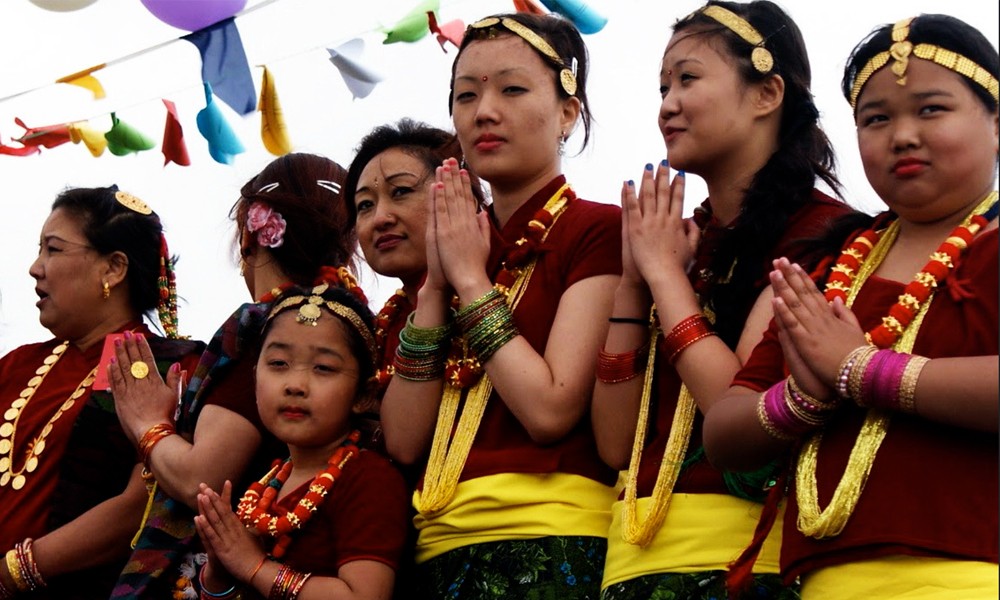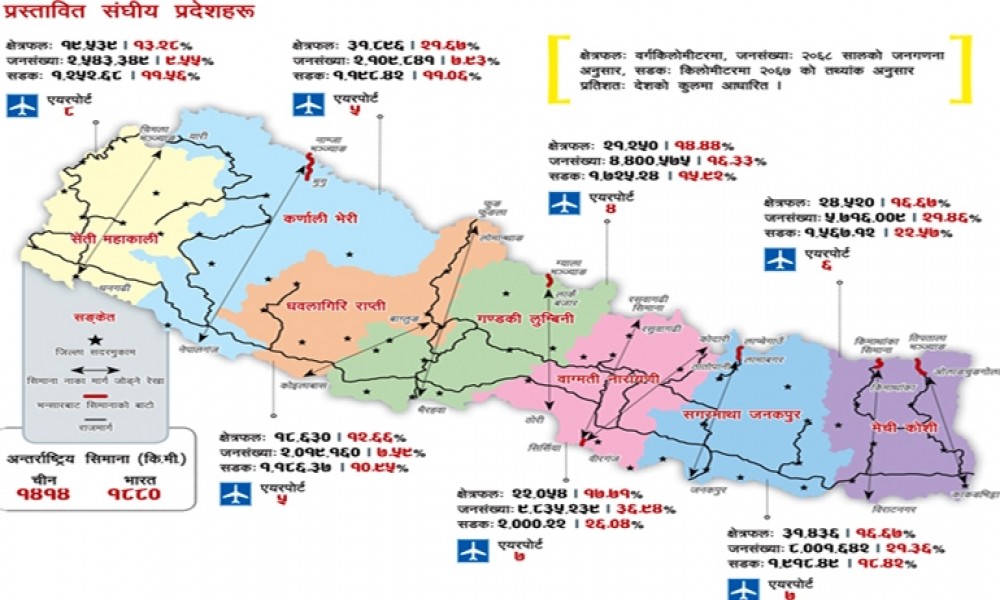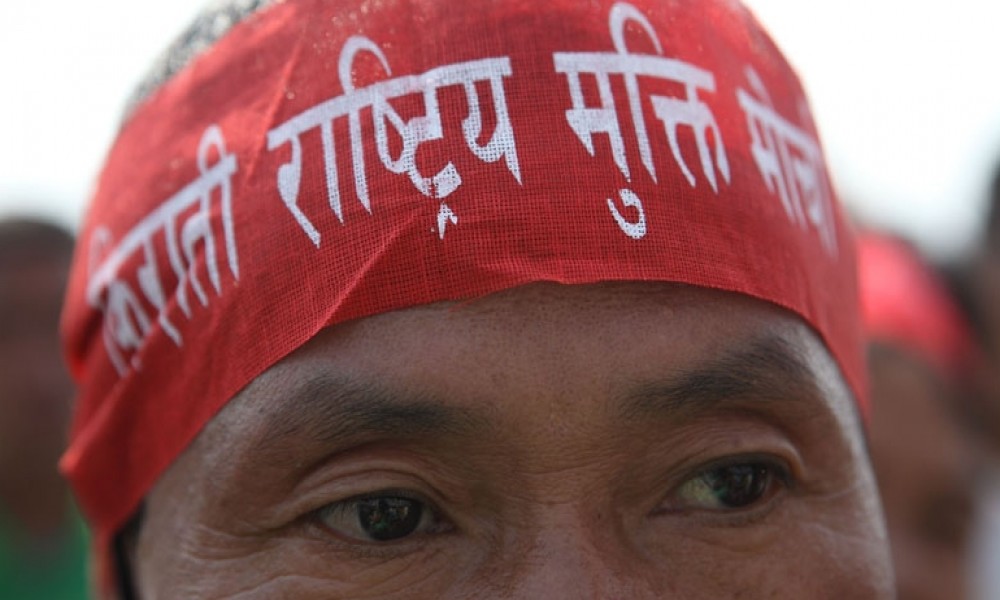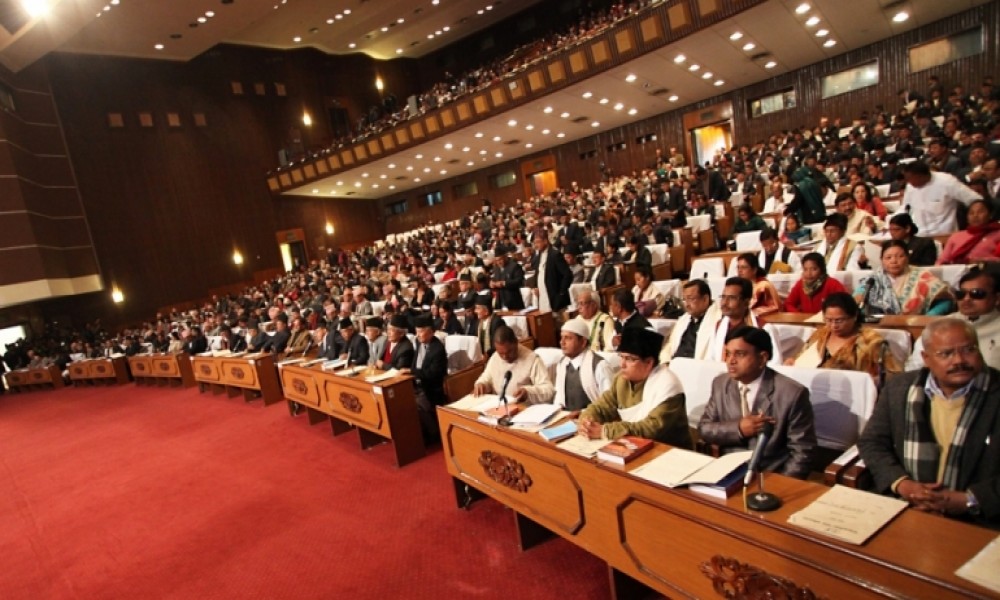What is federalism?
Federalism is a collective rule of people. It is a political system that ensures collective rule of all ethnic, cultural and linguistic groups as well as nationalities. It also addresses aspirations of diverse communities for autonomy. It ends dominance of a certain community over the state and creates environment in which all communities enjoy proportional rights over resources. Federalism honors every community's aspirations for being independent and free of other communities.
Federalism of Indigenous Peoples
A majority of Nepali people belong to the oppressed class. Apart from some who have enjoyed power over the state for ages, all the oppressed communities, including Indigenous Peoples, are in favor of federalism. They want to federate the country by creating federal units. It would be an effort to embolden all the oppressed and marginalized communities to enjoy rights over the available resources. It is quite a democratic exercise where all have their say and no one can be the all-powerful ruler.
Indigenous Peoples once had their own states. They lost their states to the kingdom of Gorkha in the process of unification of modern Nepal. Even after losing political power, they continued to enjoy cultural autonomy. Despite oppression and threats by the state, they preserved their identity, culture and language. They now want a federal system that reflects identity of all communities. They also believe that such a political system will help them fight all types of injustice done to them.
Indigenous Peoples once had their own states. They lost their states to the kingdom of Gorkha in the process of unification of modern Nepal. Even after losing political power, they continued to enjoy cultural autonomy. Despite oppression and threats by the state, they preserved their identity, culture and language. They now want a federal system that reflects identity of all communities. They also believe that such a political system will help them fight all types of injustice done to them.
Needless to say, those who have ruled the country have seized all resources and opportunities, pushing others to the margins. And the marginalized communities find it difficult to uplift their socio-economic status. But, if Nepal is federated, it will be a new opportunity for all the marginalized communities to prosper.
Indigenous Peoples want to have their own rule where they live. And they want a fair deal in the central government, too. For them, federalism does not mean decentralization. It does not mean federating the country on geographical basis, either. They want identity-based federal states where they can have political, economical and cultural autonomy. If federalism was merely geographical division of the country, it was practiced by the Rana rulers and the autocratic panchyat government, too. That was not federalism but just a move by the central ruler to spread its influence all over the country.
some people still see federalism just yet another effort to federate the country geographically. They all are status-quoits. Indigenous Peoples are opposed to this idea.
Unfortunately, some people still see federalism just yet another effort to federate the country geographically. They all are status-quoits. Indigenous Peoples are opposed to this idea. For them, nothing but ethnic identity should be basis for federating the country. In a way, all the fuss that has stalled the constitution making process is about choosing either territorial federalism or identity-based federalism. Territorial federalism has barely a few takers all over the world whereas identity is what most countries have considered to create federal provinces.
Meaning of identity
Identity has various meanings. It could be ethnic, national, religious or regional. These groups now want their own rule. The aspiration for self rule stems for the fact that Nepal is their country, too. If their aspirations are not addressed, federating the country on geographical basis is unlikely to serve any interest. It will be just a distorted form of federalism, which Indigenous Peoples are dead against.


